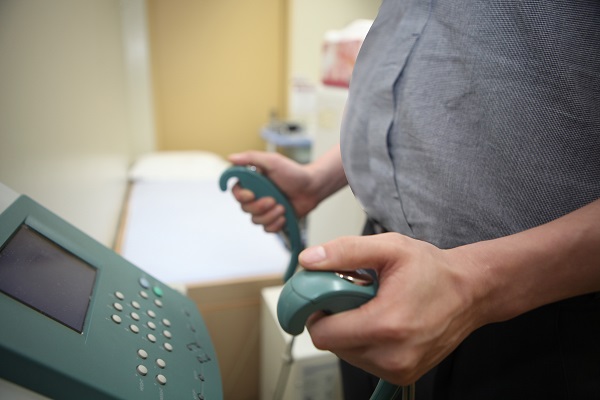The Ministry of Health and Welfare recently published comprehensive guidelines to tackle rising obesity in the country with plans to start reimbursing surgery to treat the morbidly obese as early as November.

Education and counseling related to obesity will also get insurance coverage starting in 2020.
The socioeconomic costs of obesity have been rising around the world with the World Health Organization classifying the condition as a separate disease. Obesity has also become an issue in Korea with the government estimating the obesity rate to double by 2030.
Morbid obesity, in particular, is classified as having a body mass index (BMI) exceeding 35, according to the Korean Society for the Study of Obesity.
Surgery is recommended for those with a BMI exceeding 35 and is deemed necessary for those with a BMI of 30 to 35 who have accompanying complications such as diabetes, obstructive sleep apnea, and obesity-related heart and joint diseases but have also failed to recover with other dietary and drug therapies.
Despite the recommendations, however, Korea University Guro Hospital noted that the surgical method is often seen as a cosmetic fix due to the lack of doctors specializing in morbid obesity as well as the lack of specialization in the treatment itself.
“The morbid obese population is rising steadily according to the transition to Western diets, but many patients still have their reservations about surgical treatment methods,” said Professor Kim Jong-han from Korea University Guro Hospital, Obesity Metabolic Surgery Center. “Bariatric surgery is the only proven treatment method for morbid obesity, which narrows the intestines or alters the way the intestinal tract absorbs nutrients.”
Bariatric surgery, or weight loss surgery, consists of the Sleeve Gastrectomy that reduces the size of the stomach, and the Roux-en Y Gastric Bypass, among others. Generally, patients see a reduction of more than 60 percent of excess body weight within two years of surgery. The surgical method is also an effective therapy against metabolic diseases associated with morbid obesity such as hypertension and diabetes.
"Active treatment of morbid obesity is necessary since countless complications accompany it, such as diabetes, fatty liver, arthritis, obstructive sleep apnea, hypertension, pulmonary embolism, infertility, and reflux esophagitis," Professor Kim Sun-mi from Korea University Guro Hospital, Obesity Metabolic Surgery Center added.
The hospital also noted that surgery is not always a direct fix for morbid obesity and the patient should consult with a surgery specialist before going through with an operation.

